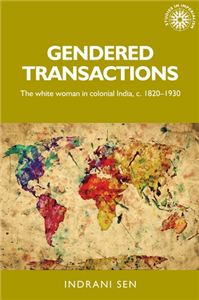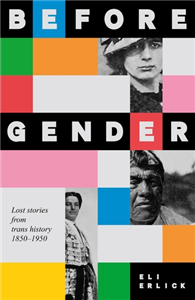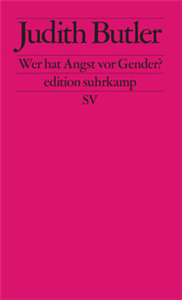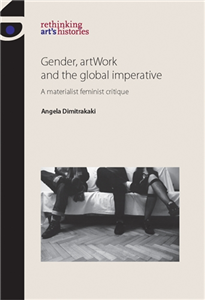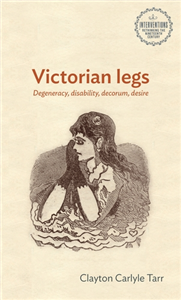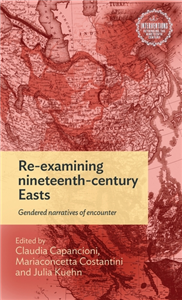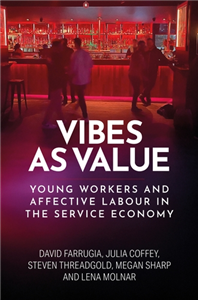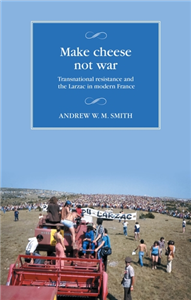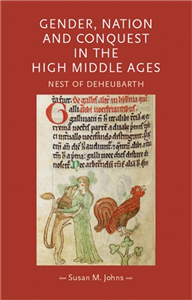Gendered transactions
The white woman in colonial India, c.1820–1930
by Series edited by Andrew S. Thompson, Indrani Sen
This book seeks to capture the complex experience of the white woman in colonial India through an exploration of gendered interactions over the nineteenth and early twentieth centuries. It examines missionary and memsahibs' colonial writings, both literary and non-literary, probing their construction of Indian women of different classes and regions, such as zenana women, peasants, ayahs and wet-nurses. Also examined are delineations of European female health issues in male authored colonial medical handbooks, which underline the misogyny undergirding this discourse. Giving voice to the Indian woman, this book also scrutinises the fiction of the first generation of western-educated Indian women who wrote in English, exploring their construction of white women and their negotiations with colonial modernities. This fascinating book will be of interest to the general reader and to experts and students of gender studies, colonial history, literary and cultural studies as well as the social history of health and medicine.


